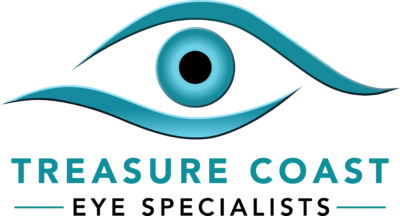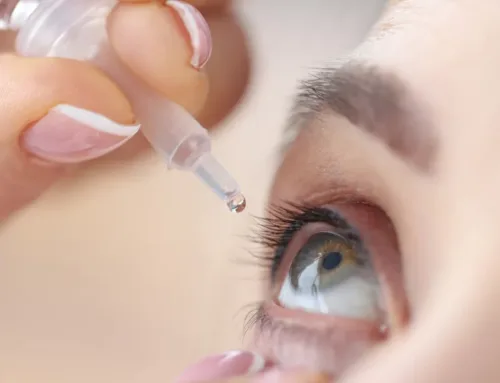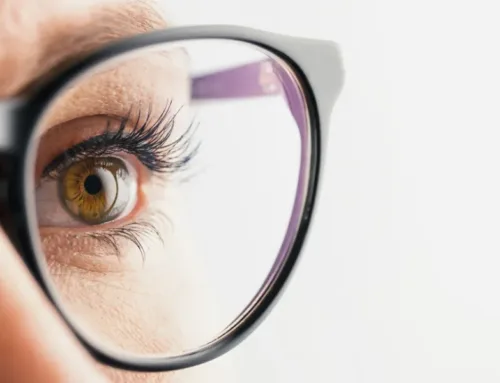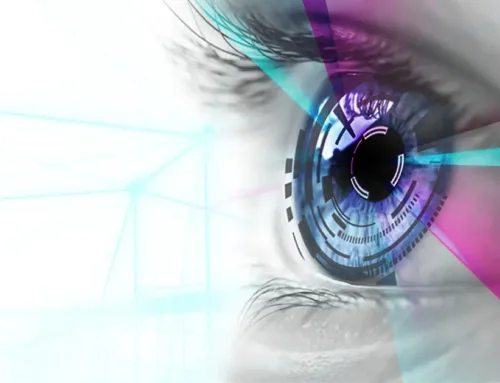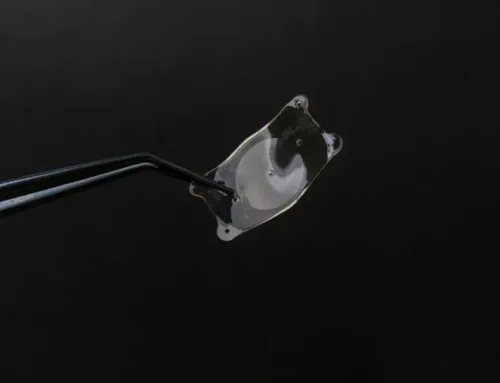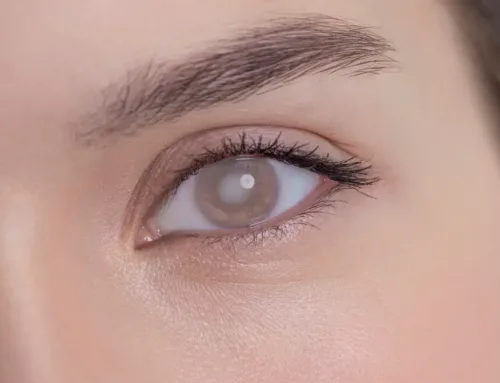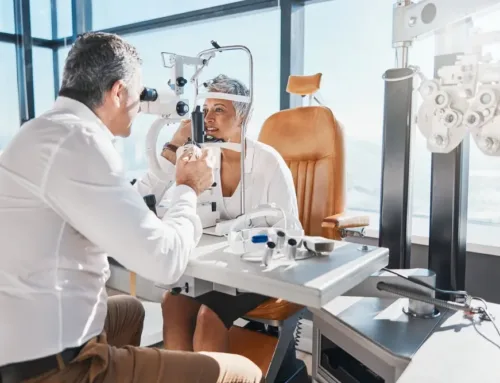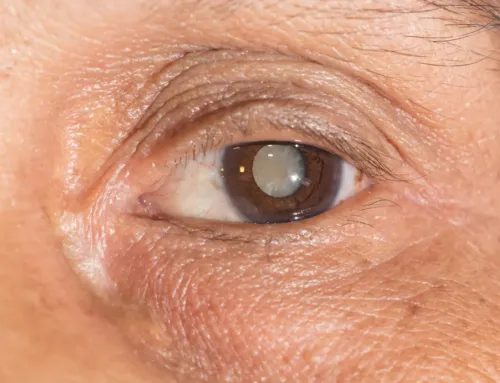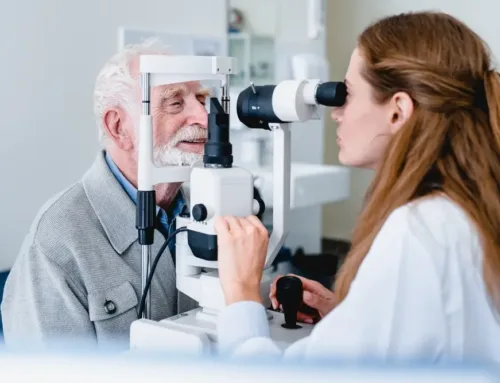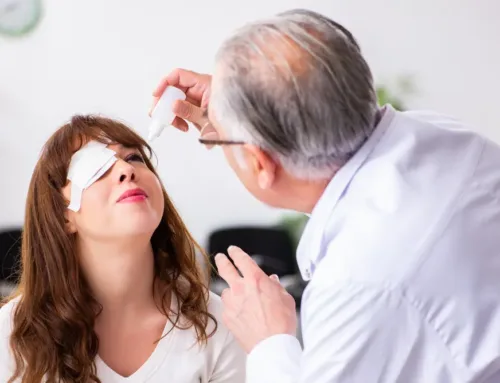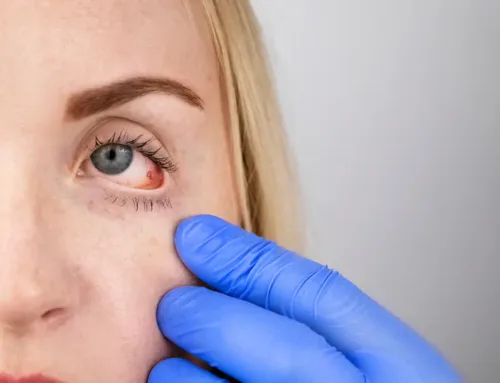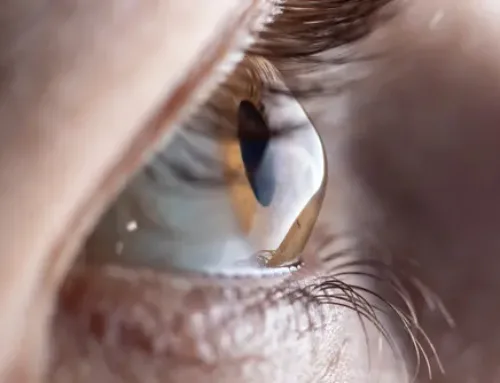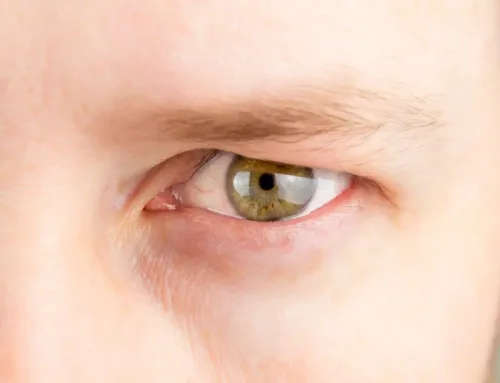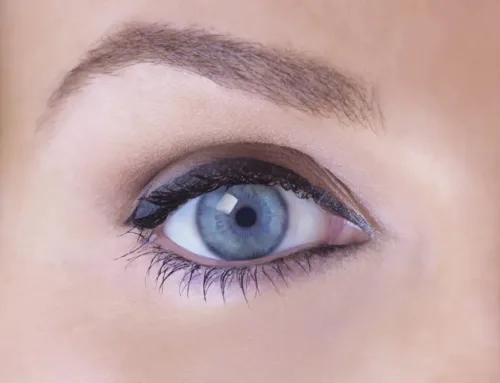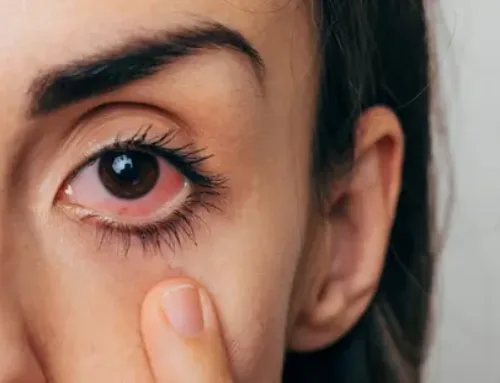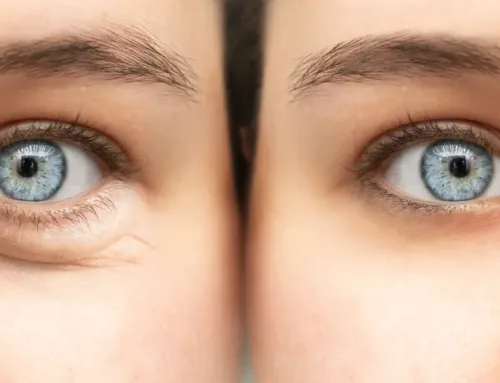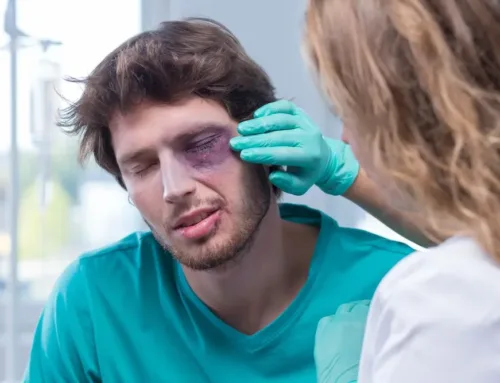Contact lenses have become an essential part of life for many people. They are a convenient replacement for glasses. But while contact lenses can bring several advantages to your eyesight, they also introduce a new range of potential issues, specifically, corneal complications.
Understanding Corneal Health
Maintaining good corneal health is essential for clear vision and overall eye health. The cornea serves as a protective barrier for your eye, shielding it from dirt, germs, and other harmful particles. It also plays a crucial role in vision by allowing light to enter the eye and focusing it on the retina. Any damage to the cornea can significantly impair your vision. 
Wearing contact lenses can potentially affect your corneal health. When you wear a contact lens, it rests directly on the cornea, creating a barrier between the eye and its natural environment. This can potentially prevent oxygen from reaching the eye, leading to dryness and discomfort. In some cases, it could also lead to more serious complications.
To ensure your corneas stay healthy while using contact lenses, it’s crucial to follow the specific care instructions provided by your eye care professional. This includes cleaning your lenses regularly, replacing them according to the recommended schedule, and giving your eyes a break from lens wear every now and then.
Common Contact Lens-Related Corneal Complications
Among the common contact lens-related corneal complications are corneal abrasions, corneal ulcers, and contact lens-induced acute red eye. Corneal abrasions occur when the lens scratches the cornea, causing discomfort and potential vision issues. Corneal ulcers, on the other hand, are more severe, with inflammation or infection leading to an open sore on the cornea.
Contact lens-induced acute red eye is another common issue, distinguished by inflammation of the eye’s outer layer. It generally results from wearing lenses for extended periods, especially during sleep, and can lead to red, irritated eyes. These are just a few examples; there are several other possible complications that can arise from improper contact lens use.
Signs And Symptoms Of Contact Lens-Related Corneal Complications
Common symptoms include eye redness, pain or discomfort in the eye, excessive tearing or eye discharge, light sensitivity, blurred vision, and feeling like something is in your eye.
If you experience any of these symptoms, it’s crucial to remove your contact lenses immediately and consult your eye doctor. Ignoring these symptoms or continuing to wear your lenses can exacerbate the problem and potentially lead to more serious complications. Early detection and treatment of corneal complications can help prevent permanent damage and preserve your vision.
Prevention Strategies For Contact Lens-Related Corneal Complications
Prevention is the best strategy to avoid contact lens-related corneal complications. This includes practicing good hygiene, following your eye doctor’s instructions for lens care, and not wearing your lenses longer than recommended.
Always wash and dry your hands thoroughly before handling your contact lenses. Clean and disinfect your lenses as instructed by your eye doctor. Never sleep in your lenses unless they are specifically designed for overnight wear. Avoid wearing your lenses while swimming or in a hot tub to prevent exposure to harmful germs and bacteria.
Additionally, make sure to replace your contact lens case every three months to reduce the risk of contamination. Lastly, always have a pair of glasses as an alternative, to give your eyes a break from lenses occasionally.
Regular check-ups with your eye doctor are vital in preventing and detecting contact lens-related corneal complications. During these visits, your doctor can assess the health of your cornea and other eye structures to identify any potential issues early on.
Conclusion
While contact lenses offer many advantages, they can also pose potential risks to your corneal health. Understanding these risks, knowing the signs and symptoms of corneal complications, practicing prevention strategies, and having regular check-ups with your eye doctor are all crucial steps in maintaining your eye health.
For more information on contact lens-related corneal complications, visit Treasure Coast Eye Specialists at our office in Port St. Lucie or Stuart, Florida. Call 772-400-2400 or 772-286-0007 to schedule an appointment today.

